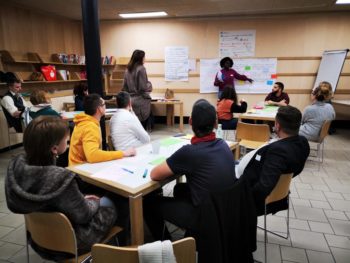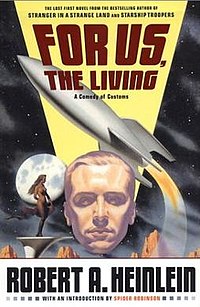I’ve spent the last 20 years attending activist meetings, from my Bloomington days through my time in Iowa City. What almost all these meetings have in common is that they’re badly and ineffectively run.
Why?
Granted, most of them happened in college towns. So I could chalk it up to some kind of college town effect. But I’m not too convinced by that. In every other respect, the meetings vary quite a bit. Some involved putting together a new group. Others involved far more established groups. Some were meetings of socialist or anarchist groups, while others focused on identity- or issue-based activism. And attendees varied quite a bit in terms of age, gender, race, socioeconomic status, and other categories.
And still, most activist meetings stink. They start late, run over on time, and are facilitated badly. Many people come away frustrated. Maybe the issues they care about didn’t find its way to the agenda. Maybe there wasn’t an agenda at all. Meetings often feel more like friend hangouts than spaces where people do things. And many of these friend hangouts feel inaccessible to anyone not already part of the group.
Again, why? I don’t think it’s due to the intent of organizers. Quite the opposite. Most organizers want to create spaces accessible to new and diverse people. Most want meetings that are democratic and productive. And they use the methods they know in order to get there.
Indeed. I’ll suggest the methods are a big part of the problem here. The methods aren’t so great.




